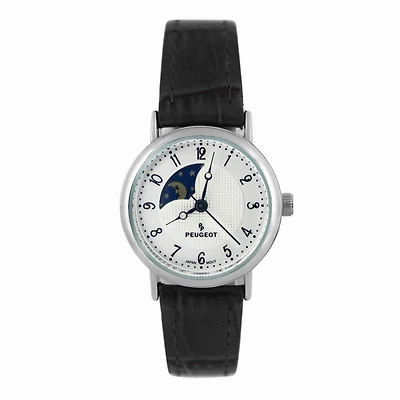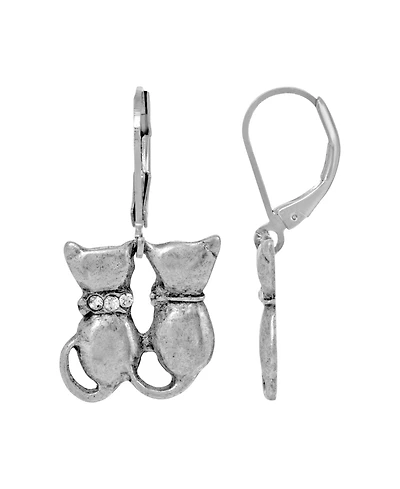Home
Return to Point Zero: The Turkish-Kurdish Question and How Politics Ideas (Re)Make Empires, Nations, States
Barnes and Noble
Loading Inventory...
Return to Point Zero: The Turkish-Kurdish Question and How Politics Ideas (Re)Make Empires, Nations, States in Bloomington, MN
Current price: $99.00


Return to Point Zero: The Turkish-Kurdish Question and How Politics Ideas (Re)Make Empires, Nations, States in Bloomington, MN
Current price: $99.00
Loading Inventory...
Size: Hardcover
Analyzes Turkey's Kurdish conflict since post-Ottoman nation-building through recent peace attempts, from a novel perspective highlighting the dilemmas of the Turk majority and reshaping our understanding of ethnic conflicts, and offers solutions for a sustainable peace.
How did the Turkish-Kurdish Conflict arise? Why have Turks and Kurds failed for so long to solve it? How can they solve it today? How can social scientists better analyze this and other protracted conflicts and propose better prescriptions for sustainable peace?
Return to Point Zero
develops a novel framework for analyzing the historical-structural and contemporary causes of ethnic-national conflicts, highlighting an understudied dimension: politics. Murat Somer argues that intramajority group politics rather than majority-minority differences better explains ethnic-national conflicts. Hence, the political-ideological divisions among Turks are the key to understanding the Turkish-Kurdish Conflict; though it was nationalism that produced the Kurdish
Question
during late-Ottoman imperial modernization, political elite decisions by the Turks created the Kurdish
Conflict
during the postimperial nation-state building. Today, ideational rigidities reinforce the conflict. Analyzing this conflict from "premodern" times to today, Somer emphasizes two distinct periods: the formative era of 1918–1926 and the post-2011 reformative period. Somer argues that during the formative era, political elites inadequately addressed three fundamental dilemmas of security, identity, and cooperation and includes a discussion of how the legacy of those political elite decisions impacted and framed peace attempts that have failed in the 1990s and 2010s.
develops new concepts to analyze conflicts and concrete conflict-resolution proposals.
How did the Turkish-Kurdish Conflict arise? Why have Turks and Kurds failed for so long to solve it? How can they solve it today? How can social scientists better analyze this and other protracted conflicts and propose better prescriptions for sustainable peace?
Return to Point Zero
develops a novel framework for analyzing the historical-structural and contemporary causes of ethnic-national conflicts, highlighting an understudied dimension: politics. Murat Somer argues that intramajority group politics rather than majority-minority differences better explains ethnic-national conflicts. Hence, the political-ideological divisions among Turks are the key to understanding the Turkish-Kurdish Conflict; though it was nationalism that produced the Kurdish
Question
during late-Ottoman imperial modernization, political elite decisions by the Turks created the Kurdish
Conflict
during the postimperial nation-state building. Today, ideational rigidities reinforce the conflict. Analyzing this conflict from "premodern" times to today, Somer emphasizes two distinct periods: the formative era of 1918–1926 and the post-2011 reformative period. Somer argues that during the formative era, political elites inadequately addressed three fundamental dilemmas of security, identity, and cooperation and includes a discussion of how the legacy of those political elite decisions impacted and framed peace attempts that have failed in the 1990s and 2010s.
develops new concepts to analyze conflicts and concrete conflict-resolution proposals.
Analyzes Turkey's Kurdish conflict since post-Ottoman nation-building through recent peace attempts, from a novel perspective highlighting the dilemmas of the Turk majority and reshaping our understanding of ethnic conflicts, and offers solutions for a sustainable peace.
How did the Turkish-Kurdish Conflict arise? Why have Turks and Kurds failed for so long to solve it? How can they solve it today? How can social scientists better analyze this and other protracted conflicts and propose better prescriptions for sustainable peace?
Return to Point Zero
develops a novel framework for analyzing the historical-structural and contemporary causes of ethnic-national conflicts, highlighting an understudied dimension: politics. Murat Somer argues that intramajority group politics rather than majority-minority differences better explains ethnic-national conflicts. Hence, the political-ideological divisions among Turks are the key to understanding the Turkish-Kurdish Conflict; though it was nationalism that produced the Kurdish
Question
during late-Ottoman imperial modernization, political elite decisions by the Turks created the Kurdish
Conflict
during the postimperial nation-state building. Today, ideational rigidities reinforce the conflict. Analyzing this conflict from "premodern" times to today, Somer emphasizes two distinct periods: the formative era of 1918–1926 and the post-2011 reformative period. Somer argues that during the formative era, political elites inadequately addressed three fundamental dilemmas of security, identity, and cooperation and includes a discussion of how the legacy of those political elite decisions impacted and framed peace attempts that have failed in the 1990s and 2010s.
develops new concepts to analyze conflicts and concrete conflict-resolution proposals.
How did the Turkish-Kurdish Conflict arise? Why have Turks and Kurds failed for so long to solve it? How can they solve it today? How can social scientists better analyze this and other protracted conflicts and propose better prescriptions for sustainable peace?
Return to Point Zero
develops a novel framework for analyzing the historical-structural and contemporary causes of ethnic-national conflicts, highlighting an understudied dimension: politics. Murat Somer argues that intramajority group politics rather than majority-minority differences better explains ethnic-national conflicts. Hence, the political-ideological divisions among Turks are the key to understanding the Turkish-Kurdish Conflict; though it was nationalism that produced the Kurdish
Question
during late-Ottoman imperial modernization, political elite decisions by the Turks created the Kurdish
Conflict
during the postimperial nation-state building. Today, ideational rigidities reinforce the conflict. Analyzing this conflict from "premodern" times to today, Somer emphasizes two distinct periods: the formative era of 1918–1926 and the post-2011 reformative period. Somer argues that during the formative era, political elites inadequately addressed three fundamental dilemmas of security, identity, and cooperation and includes a discussion of how the legacy of those political elite decisions impacted and framed peace attempts that have failed in the 1990s and 2010s.
develops new concepts to analyze conflicts and concrete conflict-resolution proposals.

















